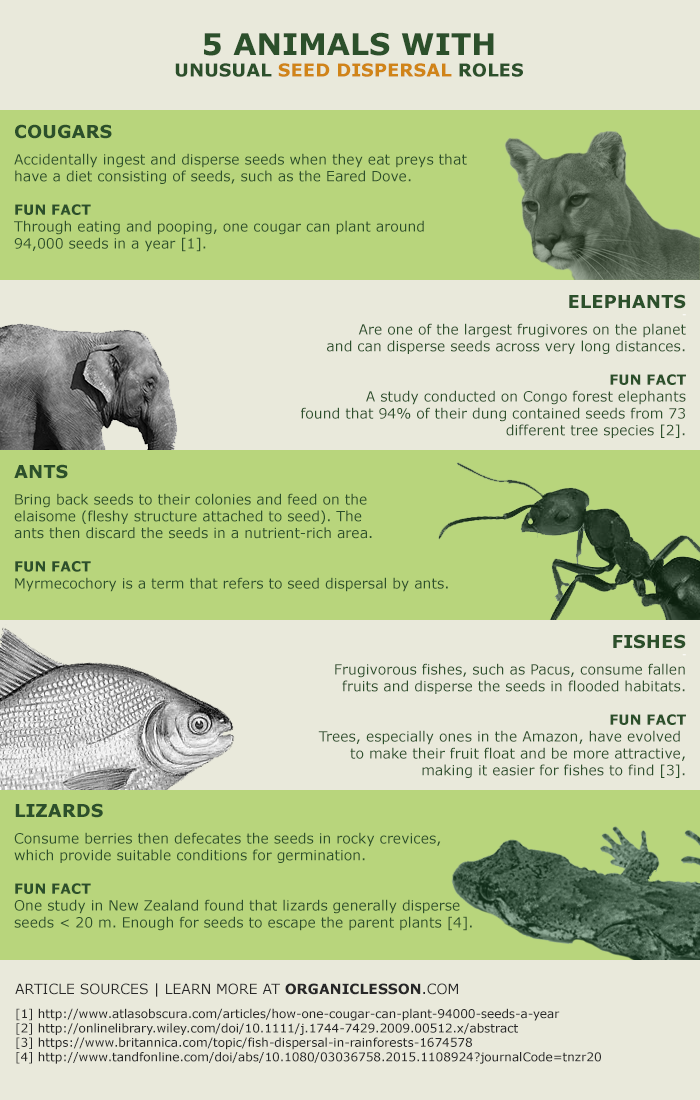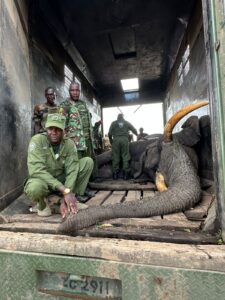Earth Day is an environmental movement founded by Earth Day Network with the mission to broaden and diversify the environmental movement worldwide and to mobilize it as the most effective vehicle to build a healthy, sustainable environment, address climate change, and protect the Earth for future generations. The first Earth Day was celebrated in 1970 and Earth Day’s 2017 campaign is environmental and climate literacy.
Mara Elephant Project supports the belief that education is the foundation for progress and that we need to build the next generation to be fluent in the concepts of climate change and its unprecedented threat to our planet. MEP wants to empower young people and the local community with the knowledge to inspire action in defense of environmental protection.
In ecological and conservation terms elephants are considered a “landscape species” (Wildlife Conservation Society Resources 2001, Didier et al. 2009). This means that they:
- Require large, diverse areas to live
- Have significant impact on the structure and function of natural ecosystems
- Are culturally or economically important
- Are particularly vulnerable to the land-use and other practices of people
Elephants are also referred to as an “architect species” capable of modifying habitats for the benefit of different plants and animals on both a local and wide scale. Another term used for elephants is a “keystone species” in cases where their presence has a strong influence on other species and where their removal is likely to have a correspondingly strong, even ‘cascading’ effect on the structure and function of ecosystems.
It also might not be surprising to know that elephants are one of the largest fruit eating mammals on the planet and can dispense seeds across very long distances according to Organic Lesson’s article 5 Animals that Have an Unusual Seed Dispersal Role.

The protection of elephants and the habitat on which they depend provides collateral security, not only for overall biodiversity, but also significant and sustainable economic benefits for the community if integrated approaches to conservation and human development can be developed and implemented.
MEP is striving to help communities that live alongside wildlife to bring about positive benefits for both. One such project is a tree planting project for Ngoswani School, which lies in an unprotected area of the greater Mara ecosystem that experiences high levels of human-elephant conflict. We plan to develop a sustainable School/Community Woodlot Scheme in partnership with the Woodlands 2000 Trust by planting five rows of indigenous seedlings (4,500 in total) inside the perimeter of the fence and shade trees around the school buildings and facilities.

Once fully grown the rows of trees will provide a sustainable source of wood for the community to use for charcoal and timber, which has a positive impact on the environment by preventing deforestation. The children will be involved in planting the seedlings so that they can learn about conservation and the environment. A Woodlot Attendant will also be employed to ensure the healthy growth of the seedlings and manage the sustainable supply of wood.

This grassroots effort may seem like a tiny impact in the enormity of protecting our Earth and its landscape species like elephants, but this is exactly the kind of grassroots initiative that can make a long-term difference in protecting the Mara’s habitat and sustaining our planet for generations to come.
Celebrate Earth Day on April 22 by donating to Mara Elephant Project’s Ngoswani School Tree Planting Project where over 4,500 seedlings are being planted to create a sustainable woodlot for our children and their community.


